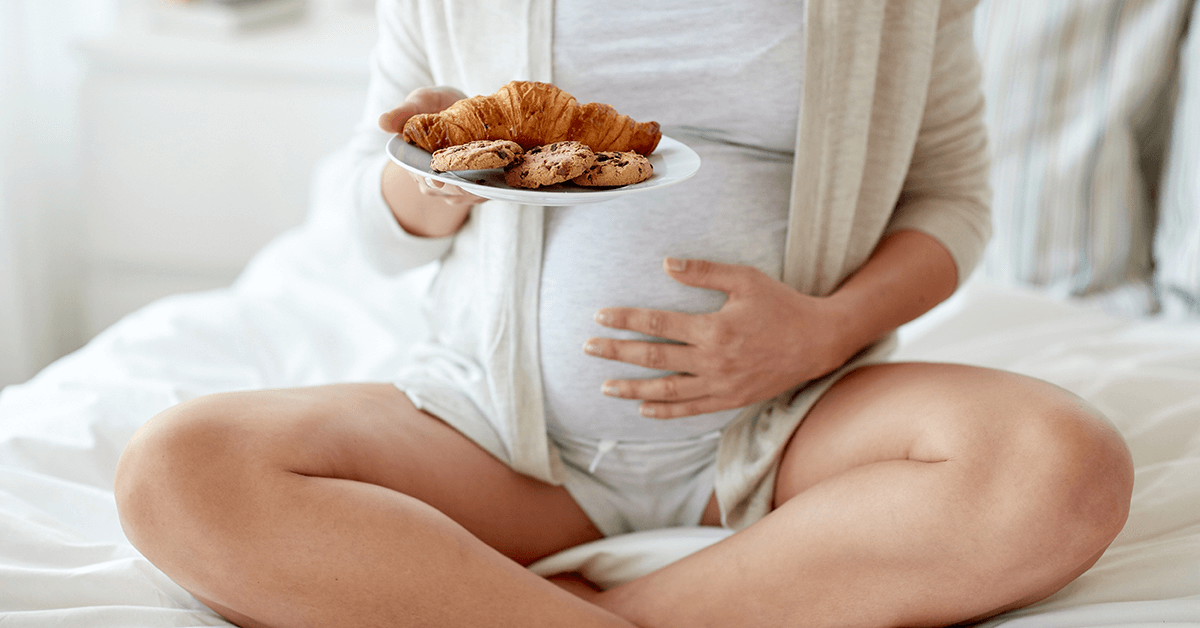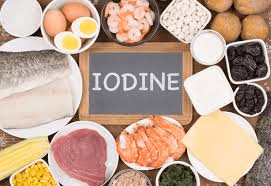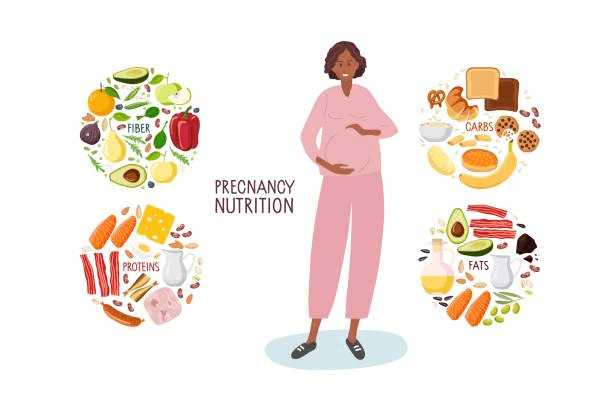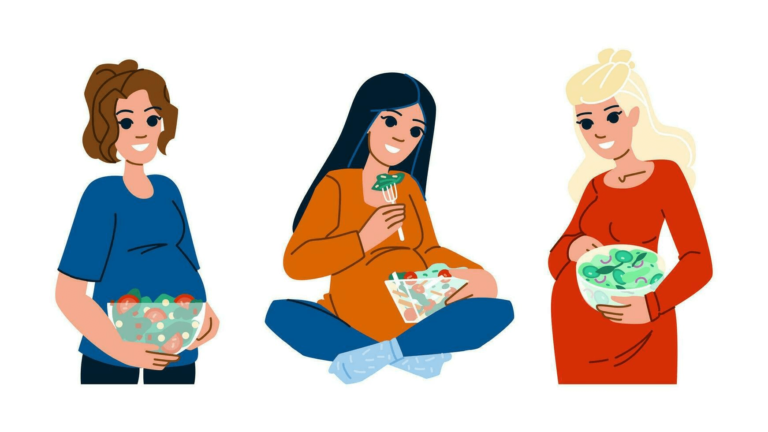How Long Can I Go Without Eating While Pregnant?

In your life before pregnancy, you might have chosen to skip meals or fast for prolonged periods for reasons such as weight loss, reducing blood sugar, or for religious or cultural reasons. However, during pregnancy, fasting is not recommended. Developing babies need a steady source of nutrients, and when you fast, those nutrients aren’t available to nourish your baby.
Is Fasting Ever Safe During Pregnancy?
- First Trimester: Your recommended caloric intake is generally the same as before pregnancy, so unless your doctor is closely monitoring you, fasting isn’t recommended.
- Second Trimester: The baby’s organs are growing and beginning to function, requiring a lot of healthy nutrients. It’s not safe to lose weight during pregnancy.
- Third Trimester: Your caloric intake should be around 2400 calories per day. Fasting can reduce your daily calorie intake, potentially lowering the baby’s birth weight, especially if you are carrying a boy.
Specific recommendations on how long you can go without eating vary during pregnancy. However, extremes like not eating for 48 hours are entirely unsafe. Studies have shown that not eating for even 13 hours can increase the likelihood of preterm birth.
Eating healthy foods during pregnancy and steadily delivering nutrients to your baby is crucial for optimal growth and development, leading to better health outcomes.
Expert Advice on Eating During Pregnancy
We asked Natasha Eziquiel-Shriro, RDN, for advice on how long it’s safe to go without eating during pregnancy. Here’s what she had to say:
“Rather than trying to stretch it, aim to eat a small meal or snack every 3 to 4 hours. Eating throughout the day will help keep energy up, improve mood, and make it easier to meet nutrient needs. By the time the morning rolls around, it’s likely been 8 to 12 hours since the last meal, so it’s important to get into a breakfast habit during pregnancy.
Eating regularly lowers the risk of premature labor. Research shows that not eating for 13 or more hours per day through pregnancy raises stress hormones and can cause preterm delivery.”
Also read: Is The Keto Diet Safe While Pregnant?
Is Intermittent Fasting Safe While Pregnant?
Intermittent fasting involves eating normally for specified periods and then fasting for a number of hours or days. Here are some common patterns of intermittent fasting:
- 5:2 Fasting: Eat normally for five days and only 400 to 500 calories on two non-consecutive days.
- Alternate Day Fasting: Eat normally one day and only 25% of normal calories the next.
- 24-Hour Fasting: Fast for 24 hours one to two days per week.
- Time-Restricted Fasting: Daily fasting patterns like 12:12 or 16:8.
Intermittent fasting has health benefits for non-pregnant individuals, including reduced inflammation and cardiovascular complications. However, dieting in any form is not recommended during pregnancy. Studies on women fasting during Ramadan show increased risks of severely preterm birth when fasting in the second trimester.
Complications of Preterm Birth
Being born preterm can lead to serious health issues, including:
- Cerebral palsy
- Developmental delays
- Visual and hearing problems
- Lung damage
If you feel like you’re gaining too much weight during pregnancy, consider working with a prenatal nutritionist and focusing on eating healthy, well-balanced meals and snacks.
Expert Opinion on Intermittent Fasting During Pregnancy
Natasha Eziquiel-Shriro, RDN, shares her insights:
“Intermittent fasting during pregnancy is not a great idea. Between bedtime and breakfast, the body naturally experiences a fasting period. Although a woman might be used to going longer than overnight without eating, there are good reasons to avoid fasting while pregnant. For one, being famished can lead to nausea and lightheadedness. Secondly, fitting larger meals into a shorter eating window can worsen acid reflux or heartburn common later in pregnancy. Most importantly, studies show that prolonged fasting leads to higher concentrations of stress hormones and increases the risk of premature birth.”
Dangers of Not Eating Enough & Fasting While Pregnant
Eating healthily during pregnancy is essential. Not eating enough can lead to several risks:
- Preterm Birth: Fasting in the second trimester has been linked to very preterm births.
- Poor Fetal Growth: Restricted calories can lead to inadequate growth.
- Nutrient Deficiencies: Limited food intake lowers valuable nutrient intake, essential for proper baby development.
- Reduced Fetal Movements: Babies may move less without enough food energy.
- Anemia: Restricted intake of iron and vitamin B can lead to anemia.
Fasting can also cause headaches, dizziness, digestive issues, and poor sleep during pregnancy.
Is Intermittent Fasting Safe While Breastfeeding?
Optimal eating while breastfeeding is just as important as during pregnancy. Your baby relies on your nutrient intake. Evidence suggests you can go without eating for more than 12 hours without affecting your baby’s nutrition. However, longer fasting periods can increase the risk of dehydration and make it harder to satisfy your baby’s fluid needs.
Is Intermittent Fasting Safe While Trying to Get Pregnant?
Intermittent fasting is generally safe before pregnancy and can help some people conceive. It can reduce male hormone levels and improve hormonal status in conditions like PCOS, enhancing fertility. It may also help in losing weight before pregnancy, improving chances of conception. However, always consult with your doctor before making significant dietary changes.
Visit babyix.com for more expert advice and resources on maintaining a healthy pregnancy diet and finding a prenatal nutritionist to support your needs.
Also read: Top Foods To Eat In The First Trimester Of Pregnancy






